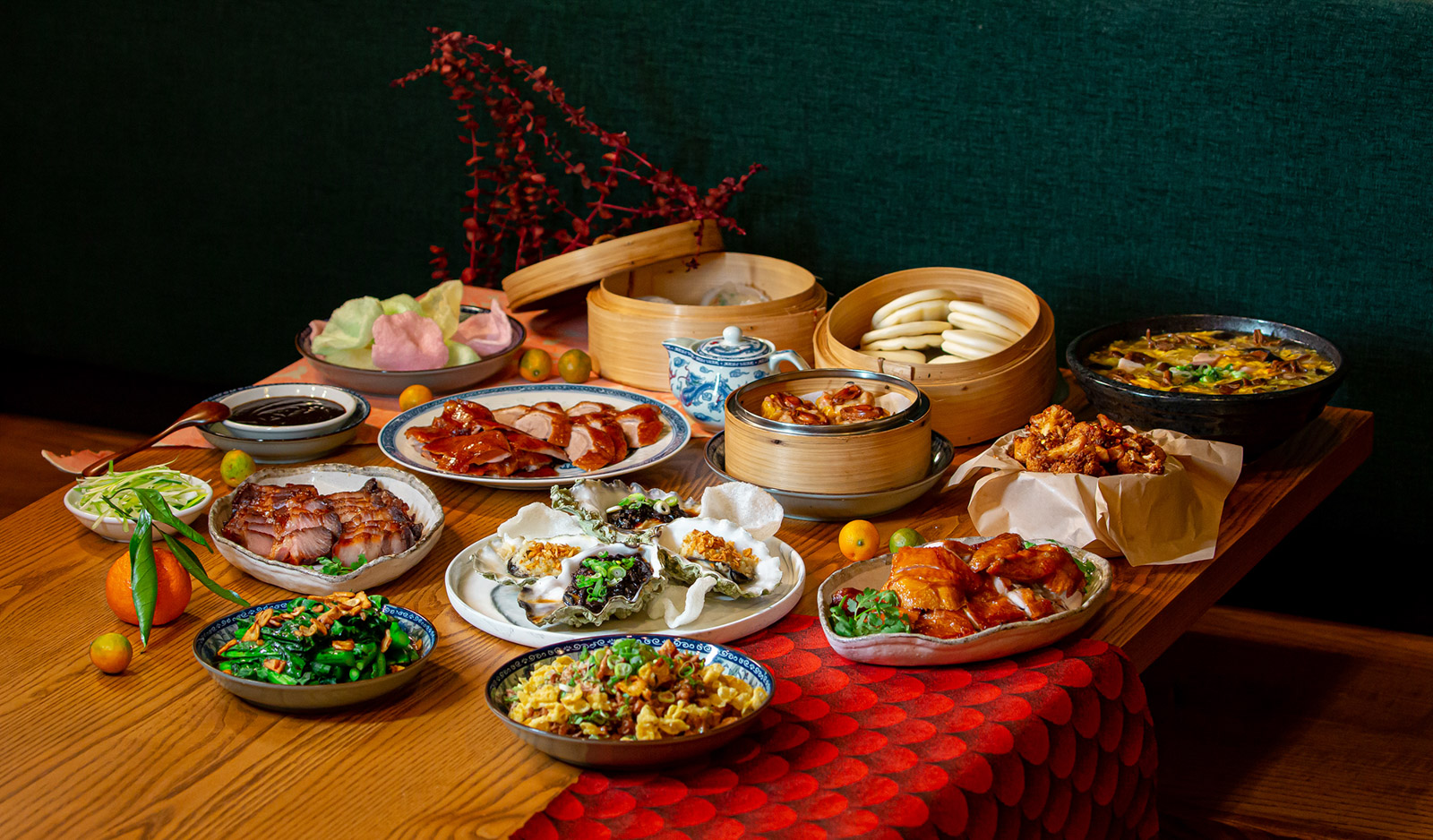Along with financial devastation, the COVID crisis has laid bare long simmering inequalities in the hospitality industry. For decades, the North American restaurant business model has drifted towards pleasing the customer at all costs, resulting in rock bottom pricing, problematic working environments, and impossible business models. There is a profound dysfunction at the heart of the hospitality industry, wrote restaurant critic Tejel Rao in the New York Times last month, “which routinely devalues the labor that runs it, and often diminishes the people who make restaurants worth going to in the first place.”
As some parts of the world emerge from pandemic lockdowns, the power imbalance has seemingly only worsened. The internet is rife with stories and images of restaurant owners and staff being the target of verbal and even physical abuse. Even in Vancouver, you can feel the edginess as diners and restaurants try to adapt to shifting COVID guidelines while managing pent-up frustration and emotion. In this environment, what does hospitality even mean anymore? And is it even worth the exhausting emotional and financial toll demanded of restaurants and their staff?
I would be heartbroken if restaurateurs decided not to reopen here. Growing up, restaurants and their staff created spaces of refuge, community, and nurture. Perhaps, looking backwards may provide some lessons on how we can move forward as a dining culture.
As a diner, I think there is a lot of value in the old-fashioned notion of not just being a customer whose whims are to be met but a patron who respects and supports the unseen hard work that goes into every aspect of a meal. This tradition is most visible when travelling abroad to countries with strong dining cultures—France, Spain, Italy, or Japan come to mind. I learned how to be a restaurant patron dining with my family at Vancouver’s old-school Chinese restaurants of the 1970s and ’80s.
Early on, my parents taught my brother and I that restaurants were public spaces to be inhabited thoughtfully, whether they were fancy banquet halls or humble congee shops. Restaurants were not extensions of our home, so decorum and respect for staff was non-negotiable. At 12 years old, I learned that snapping my fingers at the Hon’s Wonton House waiter would immediately result in a painful ear cuffing from my mother.
Engaged sociable conversation with the waitstaff was expected, rather than just barking out orders. Discussing the best seasonal choices or specialties of the house with the staff showed you were a knowledgeable and appreciative diner. My normally reserved parents could be surprisingly witty and gregarious hosts whenever we dined out at long-gone Chinatown legends such as Janus Chuichow, Marco Polo, and Golden Crown Restaurant. Being at ease and friendly with the right staff (especially floor managers) carried a lot of social currency for my parents’ generation.
Even now, my mother and her friends remain chummy with the front of house managers of their favourite restaurants. During Chinese New Year, lucky red envelopes are generously dispensed to favourite long-time servers. If something goes wrong, feedback is firm but discreet—the idea of complaining sharply borders on embarrassing and boorish.
Like many Hong Kongers, my parents rarely entertained at home so the restaurant chosen to host friends and family became a personal reflection of taste. Conversely, Chinese restaurants don’t try to please everyone but trust that they will find a clientele that appreciates their specific approach to food and hospitality. Once patron and restaurant find each other, the relationship is deep and committed.
I’ve seen the staff at Chef Tony in Richmond beam with absolute joy as diners dig into their elevated farmhouse specialities. I’ve watched the waitresses at Mui Garden Restaurant on Victoria Drive fuss over a large take-out order explaining patiently to a delivery driver how to transport the food so it arrives in perfect condition. My cousins were introduced to the world at traditional Chinese Full Month banquets under the watchful eye of the service team at the New Diamond Restaurant (later reborn as the Emerald Lounge, which then closed its doors this spring).
Vancouver’s old-school Chinese restaurants provided safe spaces for my parents and family to express important cultural aspirations when I was growing up. At meals celebrating life events both big and small, restaurants remain a part of my family’s rhythm of gathering and connection.
In return, the restaurants and their staff ask only for simple appreciation and respect—old-fashioned notions that feel more important than ever.
Read more Food and Drink stories.









